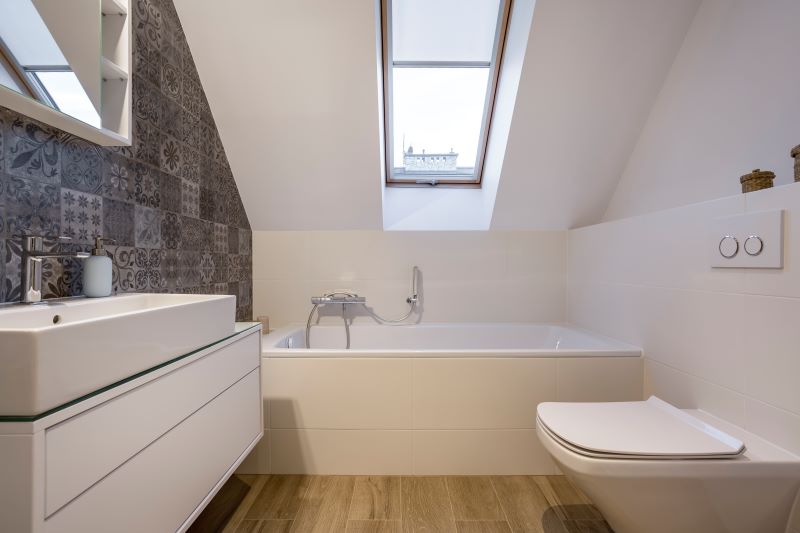Incontinence

After a stroke, you may develop incontinence. This happens when muscles that control urine and stool are weakened. Unconscious leaking is the most common symptom, but you may have other types of bladder and bowel control problems.
What is incontinence?
Urinary incontinence — more common among stroke survivors — refers to bladder control. Fecal incontinence refers to bowel control.
Can incontinence be treated?
In many cases, incontinence can be overcome quickly as part of the recovery process or as a result of treatment or therapy. Treatments include:
- Medication
- Bladder and bowel training
- Surgery
- Use of a catheter
Behavioral and physical therapies
A healthcare professional can determine a strategy for you to overcome incontinence. Early diagnosis and treatment are important to prevent possible complications such as urinary tract infections or skin breakdown.
Some people, particularly the elderly, live with chronic incontinence. In some cases, especially with fecal incontinence, modifying bowel habits, diet and fluid intake can minimize the number of bowel movement accidents.
Bladder and bowel training can be customized to improve incontinence and help manage chronic symptoms.
Exercises in bladder and bowel control
These are common techniques and exercises for bladder and bowel retraining:
- Timed voiding. Also known as prompted voiding, it involves scheduling bathroom breaks at specific times to avoid the sudden and uncontrollable need to go. The goal is to increase the length of time between scheduled bathroom breaks.
- Urgency control. A combination of deep breathing and complex mental tasks help ignore the need to go. One example of a complex mental task is counting down from 100.
- Pelvic floor muscle training. Also known as Kegel exercises, builds strength in the pelvic floor muscles leading to better muscle and bladder control.
- Medication. Stool softeners or laxatives can help with bowel incontinence and other medications can help with urinary incontinence.
Living with incontinence
These tips may help you better manage incontinence:
- Change your diet. Some foods and liquids may affect bladder and bowel incontinence. For example, many people have a greater need to urinate after drinking coffee or alcohol. Spicy foods may affect your bladder as well.
- Monitor your intake. Changing the timing, amounts and types of liquids can help control urinary incontinence. For example, limiting the amount you drink before bedtime may help.
- Select the right clothing. Wear clothing that’s easy to take on and off.
- Modify your home. Make sure your bathroom is easily accessible.
Talk to your healthcare professional about the best ways to treat your incontinence.





